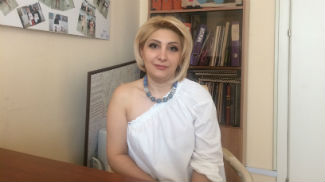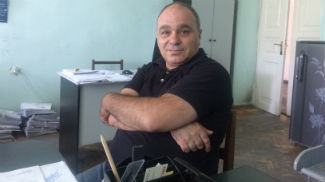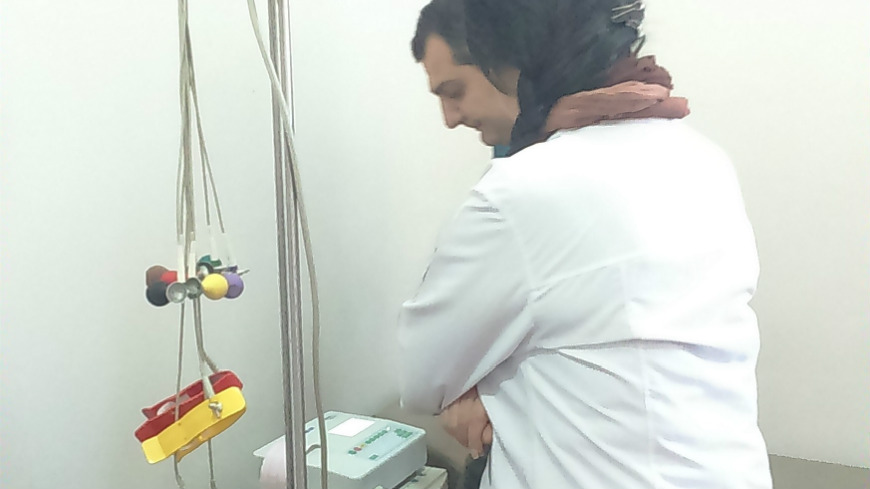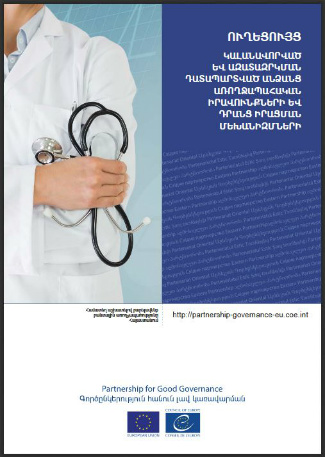Healthcare in Armenian’s prisons undergoes drastic improvements

A comprehensive needs assessment report on the conditions of the prisons and a survey on prison healthcare units, including treatment of mental illness patients, were carried out by the joint EU/Council of Europe project for strengthening health care and human rights protection of prisoners in Armenia.

“Transmitting the medical department to the Ministry of Justice, is the guarantee of independence of the staff, who will not have to negotiate a chain of managers of the penitentiary system each time they prescribe a medicine or send a prisoner to the hospital”, said Babayan. Previously it was up to the head of the penitentiary institution, and not a medical expert, to agree to a medical treatment or to reject it. As a result treatments were often delayed, and there were also cases of mortalities.”
 Improvement of technical and material conditions on the way, as license is at stake
Improvement of technical and material conditions on the way, as license is at stake
The project purchased 180 000 euros worth of medical equipment for prison healthcare institutions.


 Informed means more protected
Informed means more protected

Another milestone of the project was the development of a database on health care in prisons. “We did not have any statistics on the health care in prisons, it was a separate system. However, the data is important for the overall health care system to understand the index case, once prisoners with sicknesses are release", said Babayan. The database also solves issues related to budgeting and target spending. “Before, there was an approximate figure at the end of the fiscal year, this will be more accurate.” she said.
These concrete results reflect the added value of the partnership between the European Union and the Council of Europe.
 Code of medical ethics trainings to better highlight what “torture” might mean
Code of medical ethics trainings to better highlight what “torture” might mean

Arshak Gasparyan, Head of Social Justice NGO, which conducted training sessions on medical ethics, said: “A legislative base for medical ethics is missing in Armenia, but we were taught international standards, as well as the “Istanbul protocols” concerning the definition of torture and the prevention of torture."
Gasparyan said that ethical issues were explained and introduced through practical case studies, educational videos and debates on how to work effectively with respect of ethics and human rights. He noted that it was important for people to understand the relationship between doctors and prisoners, which may not always be guaranteed by legislation, but through the code of medical ethics and the protection of the international standards, it can and should be placed above any law.
